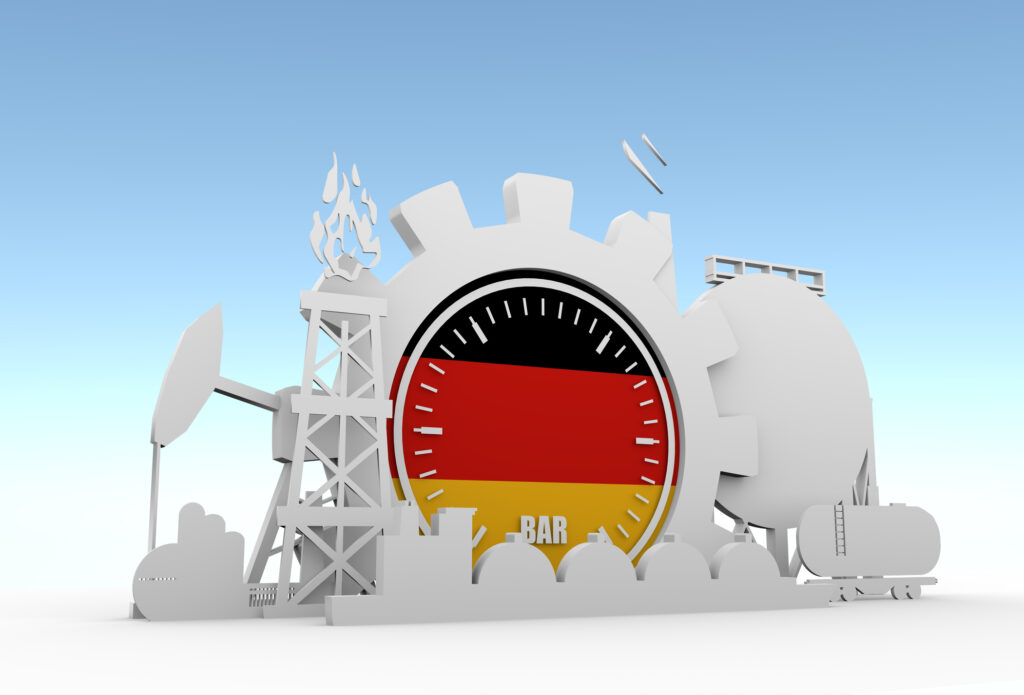(World Oil)– Germany has given the green light for drilling as much as 13 billion cubic meters (Bbcm) of natural gas at a protected marine site in the North Sea in a controversial step to bolster energy security.

The cabinet approved a bilateral agreement with the Netherlands on hydrocarbon deposits off the island of Borkum, according to a statement from economy minister Katherina Reiche. Explorer One-Dyas BV had already received approval from local authorities a year ago, but Reiche’s predecessor Robert Habeck — a Green politician — had been delaying national approval due to environmental considerations.
The agreement between the two countries — which also clarifies gas volumes and tax payments — was a prerequisite for the activities because the company needs to drill horizontally from a Dutch platform into German territory. The approval “not only strengthens the security of supply of our neighbors, but also the European gas market — and therefore us,” Reiche said in the statement.
Germany was hit hard by the energy crisis that followed Russia’s invasion of Ukraine and had to wean itself off piped gas from Moscow. It now gets most of its supplies from Norway and global liquefied natural gas markets. Earlier this week the government lowered the nation’s gas supply warning level, arguing that the overall supply security has improved.
The coalition of conservative Chancellor Friedrich Merz has pledged to tap domestic gas reserves, even as it vows to stick to its 2045 climate neutrality goal.
As a step to reduce carbon emissions, One-Dyas has pledged to use power from a German offshore wind park, the economy ministry said. The company wants to cease operations as soon as natural gas demand in both countries stops, “so that the project does not contradict the goal of climate neutrality.”
One-Dyas began its operational test phase in March and expects to be able to pump an amount equivalent to about 15% of Germany’s gas consumption last year. The state of Lower Saxony still has to decide on One-Dyas’ business operations, a procedural step as its mining authority already approved drilling in August 2024.
The drilling site is in the Wadden Sea — a North Sea zone that’s designated a Unesco World Heritage Site — and activists fear the project may harm the marine environment.
“Further industrialization would have devastating consequences for biodiversity in the North Sea,” said Sascha Müller-Kraenner, chief executive officer of the NGO Environmental Action Germany.

